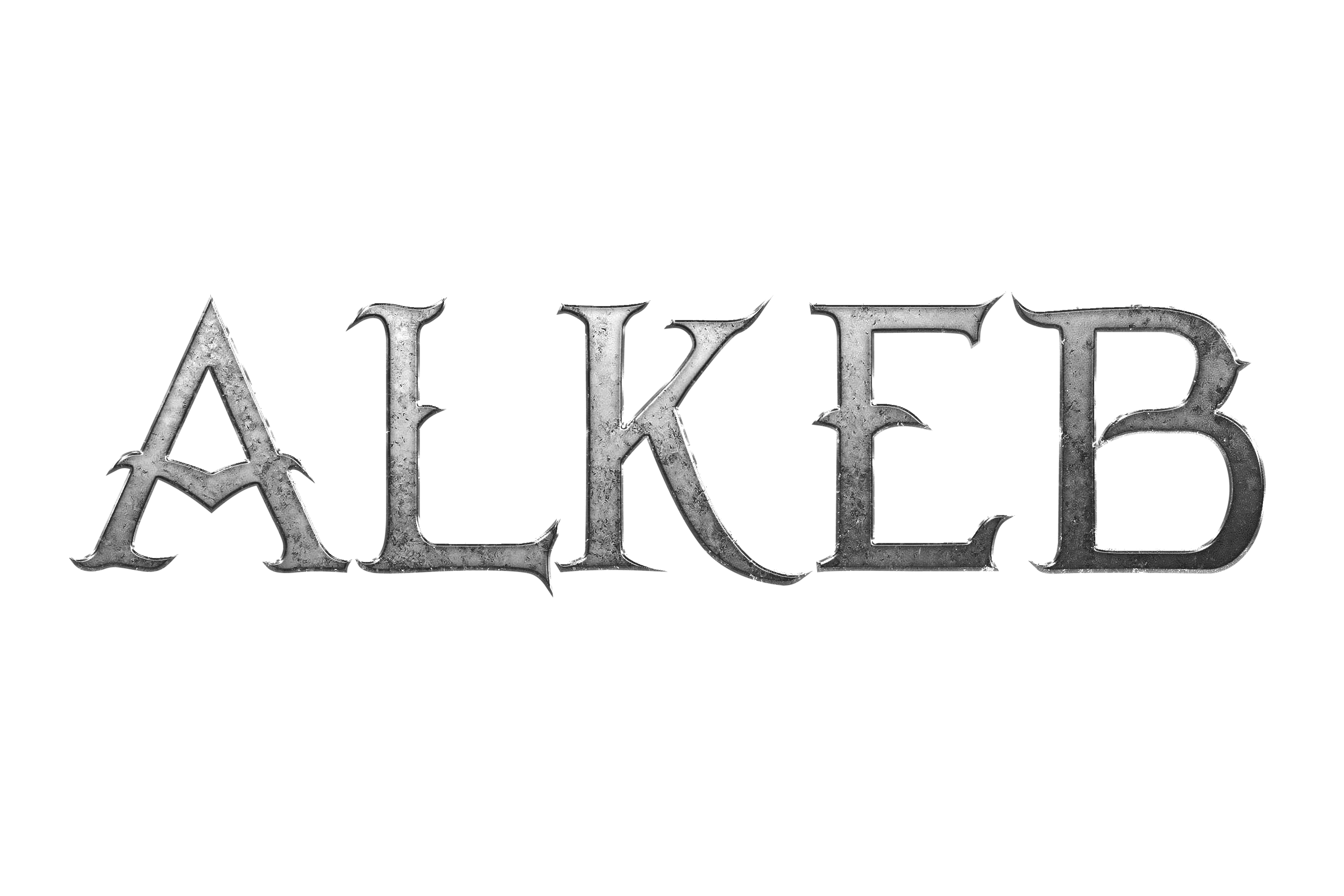Political Organization of the Alkeb Kingdom
The Guide Council
The Council of the Guide constitutes the principal political body of the kingdom. It is composed of the following entities:
-
The Guide , also called YĀME in Old Alkebian.
-
The Governors : 17 governors representing the seven major territories of the kingdom.
- The Duly Appointed
The King - RË
Coming from the second dynasty of the Mamake clan , a clan that has ruled the kingdom for nearly seven thousand years , the King of the Alkebs holds the supreme power to decide in the event of disagreement between the Spiritual Council and the Council of the Guide .
Its role is to ensure balance between spiritual decisions and material decisions, particularly political and economic ones .
The Guide - YĀME
The 750 Duly Appointed designate several candidates from the Governor, Vassal or Minor clans.
The candidate with the most votes is then submitted to the unanimous approval of the 17 governors .
Once validated, he is knighted by the Spiritual Chief of the Nār at the palace of Zanjāra , where he takes an oath before the King and the Royal Mamake Clan.
Appointment of Emissaries
After his knighthood, the Guide appoints three emissaries.
The designation may be immediate or deferred depending on the Guide's strategy.
The emissaries are tasked with supporting the Guide throughout his term of office and have the exceptional power to propose his dismissal if necessary.
Procession of the Guide
The Procession is a tour through the kingdom that follows the knighting. It allows:
-
To consolidate alliances;
-
To resolve social tensions;
-
To reaffirm royal authority;
-
To meet the local people.
The procession can last several months, or even more than a full year.
It follows this official route:
-
Zanjarā (Alkebula)
-
KI'Galāni (Alkebula)
-
An (Alkebula)
-
Taneltzia (Alkebula)
-
Dol'Tall (Bemen)
-
Al'Tep (Bemen)
-
Jansã Wa'Ni (Alkebula)
-
Ansãsiwa (Órelota)
-
Jansãlota (Órelota)
-
Bëra (Name)
-
Nëri (Wagadu)
-
Tonseiān (Wagadu)
-
Makemila (Kozane)
-
Ansãsiwa (stopover – Órelota)
-
Kemnel (Órelota)
-
Kemnilge (Órelota)
-
Sãnalota (Órelota)
-
Onansaān (Órelota)

The official inauguration of the Guide takes place in Onansãlota , marking the beginning of his mandate.
The Governor Clans
Each region is governed by a Governing Clan, headed by a governor. These governors coordinate security, nature conservation, justice, and the implementation of legislative projects initiated by spiritual leaders. They also ensure compliance with the decisions of the Guide and the King.
Since the establishment of Onansãlota as the administrative and political capital of the kingdom, the Guide also occupies the position of governor of this city and sits there permanently for the duration of his mandate.
Around the Governing Clans gravitate several dozen Vassal or Minor Clans, some holding lands, others only honorary titles.
Territorial conflicts, or those motivated by honour or tribal disputes, occasionally arise between these clans.
The Council of the Guide meets mainly in Órelota , in the capital Onansãlota, and brings together the Guide, his three emissaries, the seventeen governors, as well as, occasionally, the King or his designated heir.
Clan Honorific Prefixes
Within the Alkeb Kingdom, the use of an honorific prefix is an essential tradition to mark membership in a high-ranking clan, whether it be a Governor , Vassal , or Minor Clan.
So :
-
"YA" is added before the first name of male alkebs;
-
"ZA" is added before the first name of female alkebs.
These prefixes indicate not only nobility of birth, but also the respect due to their lineage.
In classical Alkebian, "YA" and "ZA" mean "honorable" or "venerable" respectively.
The White Elves , who speak Kagó , follow a similar tradition.
However, their own prefixes are used when addressing each other or the alkebs:
-
"Hëta" (pronounced héy-ta) to address a man alkeb;
-
"Mëa" ( pronounced mé-ya) to address a woman alkeb.
The Duly Appointed
The Council of the Guide is further supported by a college of 750 Duly Appointed , drawn from the population not belonging to noble clans, distributed equally between three wings under the presidency of the three emissaries.
Their responsibilities include:
-
The drafting, study and voting of laws;
-
The proposal of laws to regional governors;
-
The preservation of traditions, ethics, culture and the well-being of the people.
The mandate of Duly Appointed is renewed each cycle.






Share the article:
Alkeb culture point: Órelota
Point culture alkeb : Les clans